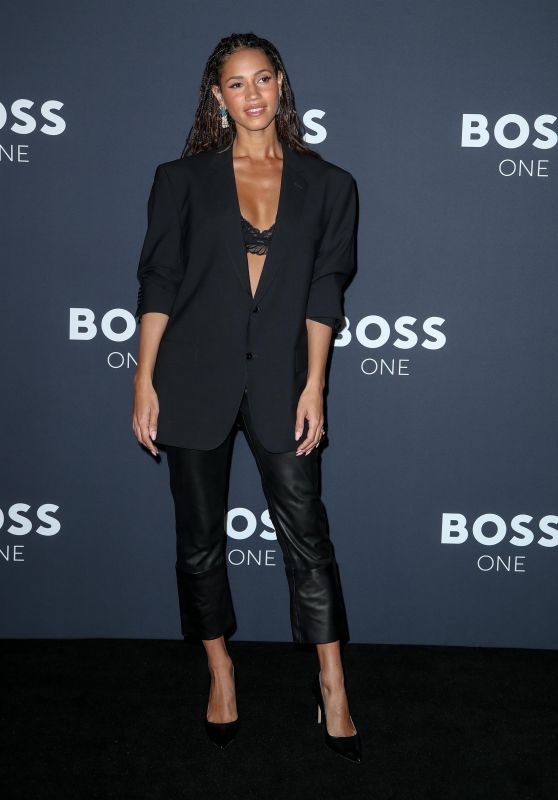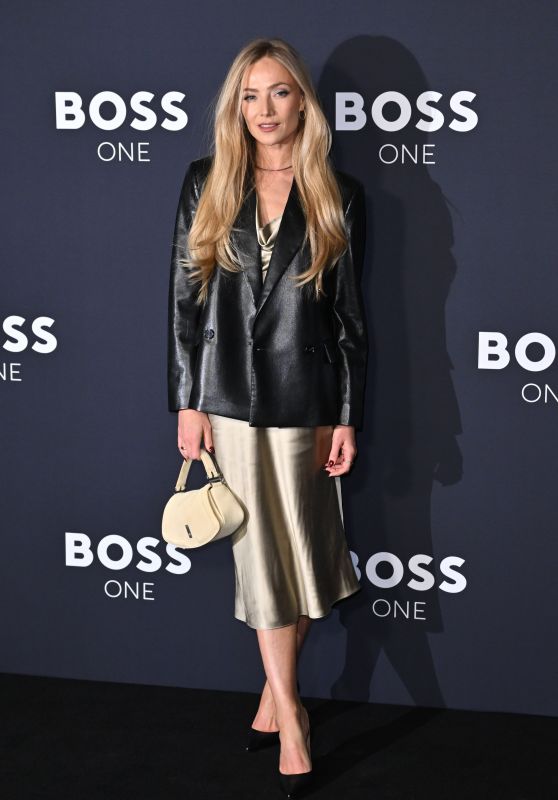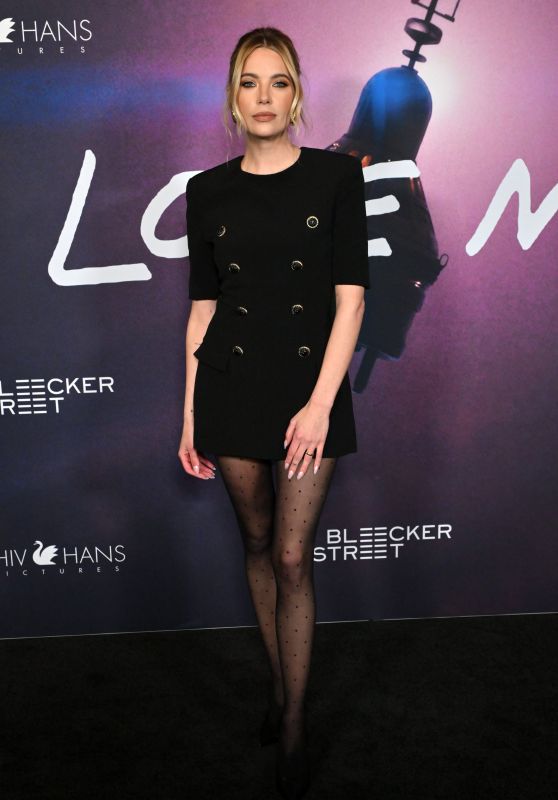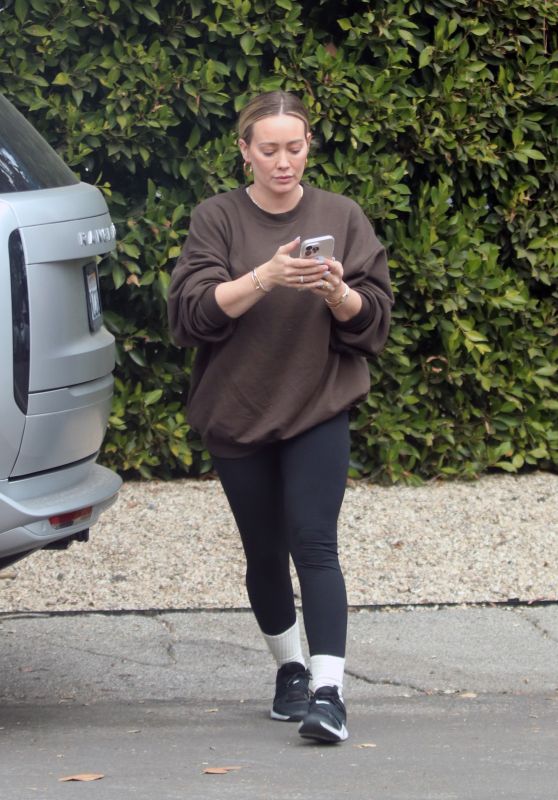A middle-aged husband and wife reunite in Lebanon for four days, confronting what remains of a strained relationship in the minimalist feature Dead Dog from Beirut-based writer and director Sarah Francis (Birds of September; As Abobe, So Below). World premiering at the International Film Festival Rotterdam (IFFR) on Sunday, it screens in the fest’s Harbour program, which wants to offer “a safe haven to the full range of contemporary cinema,” and reminds us that love is a battlefield.
After all, the movie examines the Lebanese tradition of men emigrating to work abroad and the emotional distance caused by this separation. As such, the feature, backed by the Red Sea Fund and the Doha Film Institute, among others, touches on such themes as estrangement but also trust, especially with Aida being secretive about the couple’s beloved dog Punto.
Beyond Chirine Karameh, who stars as Aida, and Nida Wakim as her husband Walid, plus the dog, the movie doesn’t feature any major cast members. Another “character,” if you will, is the mood-setting synthesizer score for the movie, filmed in a mountain village 30 kilometers from Beirut and surrounded by pine trees. And the interactions, or lack thereof, between the man and woman are interspersed with dog and nature scenes and interludes with voice-overs that seem to transport the viewer to the past or different locations.
“It’s not a personal story, and it didn’t happen this way in my family,” Francis told THR. “But for the past 100 years, or maybe more, men going abroad for work has been quite common in Lebanon. Sometimes the whole family emigrates, but often only the man goes abroad, while the woman stays behind for various reasons – sometimes it’s easier, sometimes she has her own family to take care of, and so on. And then the husband comes back on holidays or on the weekend if he doesn’t move too far away.”
The topics the movie investigates are close to her heart. “I’m generally drawn to the themes of ‘transitions,’ ‘temporary spaces,’ and the ‘meantime’,” she explained. “This film shows a brief cycle, or one segment, of a longer thread. The story takes place over four days in Walid’s inherited and semi-abandoned family house, so it happens ‘here and now,’ but I also wanted it to resonate with other moments in space and time, so these points become connected in the viewer’s mind, like a constellation.”
In previous films, Francis has used a similar approach. In them, “these other spaces were suggested through soundscapes which made us cross geographies,” she explained. In her new film, “they were suggested by the voice-over interludes describing ‘found objects’ that belong to the characters.”
Not much happens in terms of location changes or action in Dead Dog which is just the way Francis likes it. “I’m interested in the ordinary and in exploring the small battles we engage in with others and with ourselves,” she told THR. “It’s a small, intimate film.”

That may exactly be why the film feels like a bigger story. “Perhaps the structure, the music with a recurring theme, the furtive appearance of dogs, and the forest element gives it the feel of a tale,” the writer-director agreed. “Dead Dog is also a universal story of estrangement and loneliness within a couple.”
What about her focus on middle-aged characters? “The characters’ ‘stage of life’ depicted in the film is often underrepresented on screen,” Francis explained. “Yet I feel that (age) is a pivotal moment when one quietly assesses the consequences of one’s past choices, with the degree of clarity that one can handle, and one questions whether one can still change one’s life or if it’s simpler to just let it slide, let things be, and just maintain the status quo.”
Just like on past projects, she took a collaborative approach to creating the movie, especially with the actors, producer Lara Abou Saifan, and editor Zeina Bou Hosn, “instead of having a rigid approach or wanting to apply the script in an obsessive way,” Francis noted. “Otherwise, it becomes like an illustration of the script, which is not the point. I try to approach each stage (writing, production, and post-production) from scratch, as if it were a new project, and try to be receptive to the elements that are available in the present moment, the team’s mindset and input, my observations, the circumstances around” in addition to the pre-planned shot list.
As mentioned, music and sound, thanks to Rabih Gebeile and sound designer Victor Bresse, are a key part of storytelling in the film, including the use of an Arabic song that plays during a scene that shows Aida cutting Walid’s hair. “It’s called, and I translate, ‘Love Over the Phone,’ released in ’83,” Francis shared about the latter. “It was a relatively niche song and it says something like: ‘Yesterday I called you… To say I miss you. And when I heard your voice. I forgot what to tell you I forgot. I forgot. I forgot what to tell you.”
That said, one thing that was important to Francis in making Dead Dog was not to make one of the characters the outright victim and the other the full-on culprit. “I was very careful about how each one was portrayed, because if I removed one sentence or added one sentence, you could have changed or reversed the balance completely, and then one of them would become the big bad guy, and the other the complete victim,” she explained to THR. “They are coming from two different experiences of the same marriage, and you don’t have the full story, and they don’t debate big topics because, I think, both of them are afraid to venture too much into some of the bigger problems.”

That is where the performances of the two stars come into focus. “Chirine was an actress for theater for a long time and in Beirut, she was quite well known in the artistic scene,” Francis noted. “And then she traveled, had her family, studied psychology, and took a bit of a break from acting. She lives in Japan now, and so I thought she would never come for the film,” she told THR. “But we knew each other from before, and we had kept (in touch). So, I contacted her, and she came for the film. I was really happy to have her. It’s her first feature film.”
Meanwhile, the male star also lives abroad. “Nida is a Lebanese actor who lives in Switzerland and has had roles there, in France, and sometimes in Lebanon,” Francis said. “So both of them don’t live in Lebanon. And I hope that with this film the Lebanese public will also get to know both of them more.”
One question that the filmmaker has received ahead of the world premiere of the film is about its title and whether Dead Dog should be understood in a big symbolic or metaphorical way. “Some people ask me if it is a symbol of a country that’s dying or a symbol of their relationship,” Francis told THR before explaining. “It wasn’t really that. For me, it was really just about an element, a part of daily life in a family or in a household. It’s a cute little dog that can suddenly become a tool of manipulation or mistrust or things like that – just little games. And people use these tools just to annoy another person.”
The IFFR 2025 runs through Feb. 9. Watch a trailer for Dead Dog below.
‘Dead Dog’ trailer




















 English (US) ·
English (US) ·